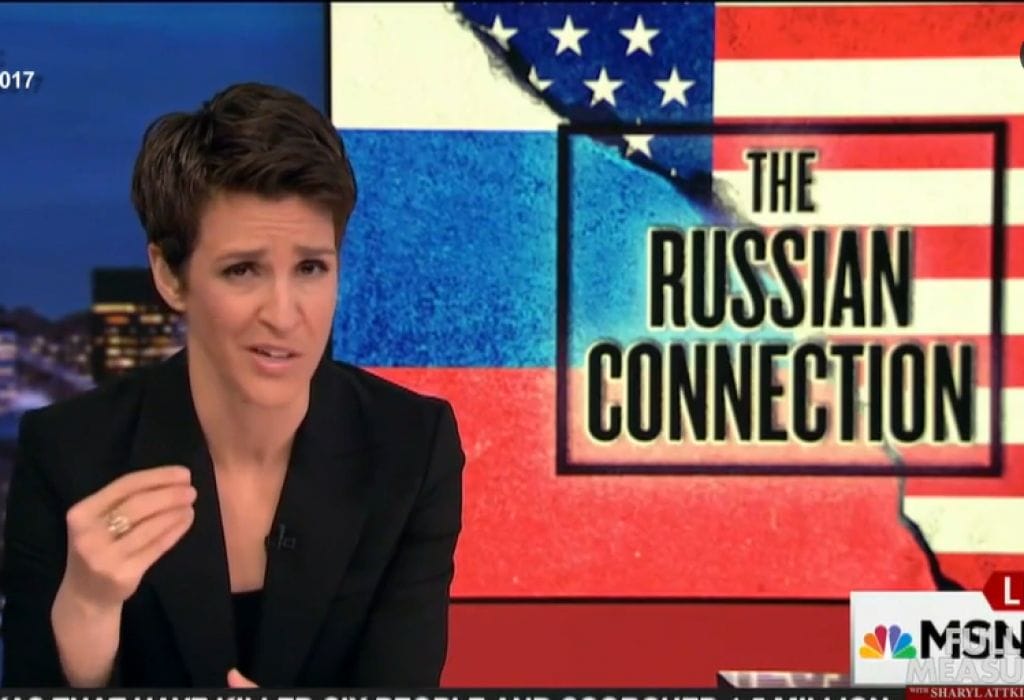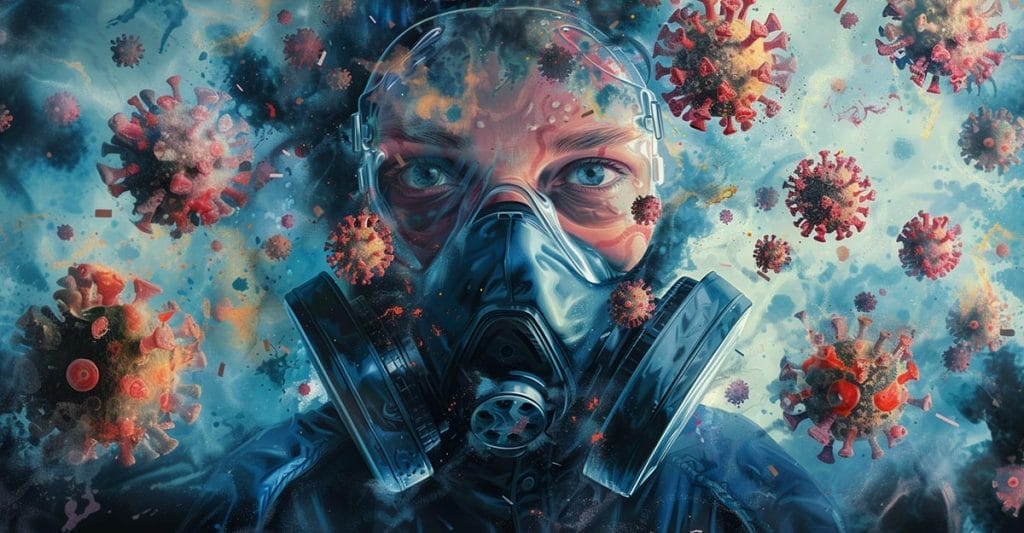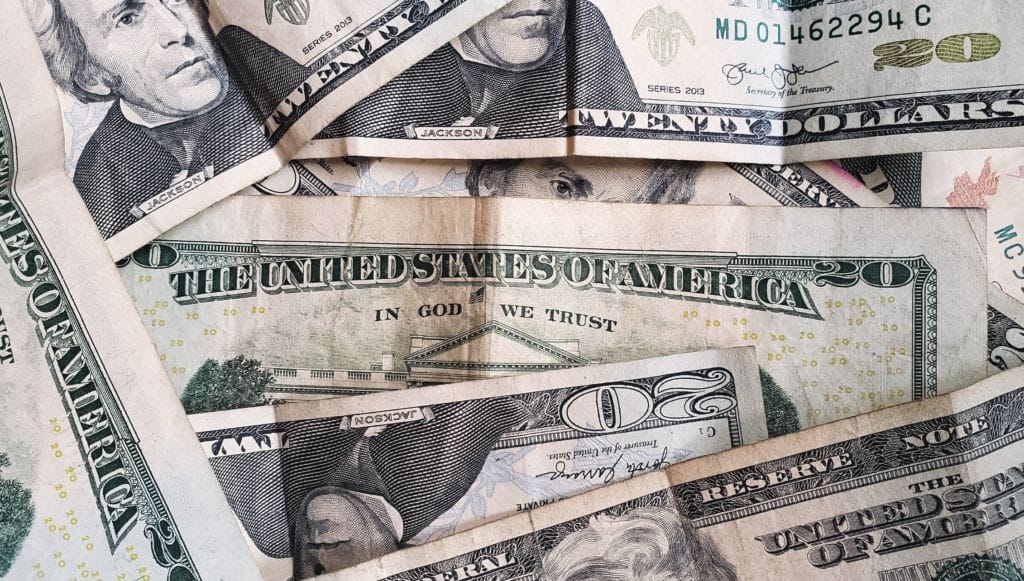
With fake news on the minds of a lot of Americans, it can be difficult to figure out how to sift through the information landscape to find the facts. Today we get some ideas from Nolan Higdon, a lecturer of history and media studies and author of “The Anatomy of Fake News.”
He takes us on an examination of our news today, to show us both the critical framework and the history behind fake news.
Sharyl: What is your definition of “fake news”?
Nolan Higdon: Yeah. I chose a broad definition, so any false or misleading information that is introduced as legitimate journalism or news content.
Sharyl: And what made you decide to write a book about it?
Higdon: Well, after 2016, I was kind of somewhat optimistic because finally we were talking about fake news. But I quickly became pessimistic as the conversations devolved into Trump and the Russians and conservative news websites, and it became a quite a partisan debate.
Rachel Maddow (March 2017) news clip: As the Russian Trump questions continue to percolate and ultimately got more accute over time, ultimately Trump the candidate did have to answer.
Higdon: And I was off-put by the partisanship and the creation of lists. I thought it was kind of McCarthy-like to create lists of these are good news, these are bad news. And so I wanted to write a book to tell the story of fake news, a much larger problem. And I don’t think lists are going to save us, but I do think there are ways we can mitigate the pernicious influence of fake news.
Sharyl: Do you consider yourself conservative or liberal or neither?
Higdon: I mean, I’m kind of all over the ideological spectrum. I mean, I tend to lean left, but I guess that’s how I’d define myself.
Sharyl: And what’s the bottom line of the book?
Higdon: The bottom line of the book is that I don’t think we’re going to save ourselves from the fake news problem by making lists or depending on corporations or governments to censor content. I think we’re going to have to empower people with the critical media literacy skills to learn how to think, not what to think.

Visit The Sharyl Attkisson Store today
Unique gifts for independent thinkers
Proceeds benefit independent journalism
Sharyl: A lot of media literacy efforts or efforts to curate our information for us have turned out to be, I think, cloaked efforts by third parties and political interests and corporate interests to actually shape the information, rather than make people understand how to become more literate. What is your view on that?
Higdon: Yeah. I write about this extensively in the book. I’m very concerned about the way that corporations have taken over the media literacy movement and increasingly are wiggling their way into the classroom to not only dictate what is media literacy, but collect and operationalize data on students. So I think that those of us who advocate for media literacy need to be very clear that we’re not advocating for corporate media literacy.
Sharyl: Do you think that the talk about fake news was largely driven by politics and elections? And is the continued discussion election-driven here as we approach the 2020 election?
Higdon: I think the only time it gets into the mainstream sort of culture or corporate media is generally when it’s focused on elections. It’s become a real partisan issue, the idea of fake news.
Sharyl: Do you think it’s a good step forward for third parties, such as social media companies, to offer to curate fake news for us and to make those decisions? Or do you think that’s something best left up to the individual?
Higdon: The book makes it very clear, and I would make it very clear, that we should never have corporations, regardless of their ideological underpinnings, making decisions about what is or is not fake news for us.
Sharyl: What’s the big danger of that?
Higdon: You empower fake news producers. They themselves are profiting from the fake news problem, so they have an economic incentive to continue this problem, not solve it.
Sharyl: To what extent do you think our own government can be responsible or a responsible party when it comes to fake news?
Higdon: Our government is not only responsible, they have a long history of producing and disseminating fake news. A lot of it got exposed in the Cold War era of fake news. A lot of it got exposed with the Church Committee hearings. But you can even go back to establishment papers like the New York Times. In 2008, David Barstow released some reporting on how the intelligence community was creating and disseminating fake news that was on traditional news networks and news outlets. So our government unfortunately has not only produced fake news overseas, but also domestically.
Sharyl: What is the main thing you think is a takeaway? What is the main thing that the public doesn’t know or may not think about that they ought to?
Higdon: I guess one of the things I would consider the public to think about is we are in somewhat of an information war, whether it be to get your votes, to get you to buy something, to get you to do something, and corporations have new advantages in the digital age. As we talked about before, fake news isn’t a digital age problem, but it has been intensified in the digital age because now they collect all of your data. It creates graphic profiles of you, and when that content gets in fake news producers’ hands, they can construct content that is targeted directly at you, that preys upon your basic instincts, attitudes, and behaviors.
Sharyl (on camera): “The Anatomy of Fake News” also includes a “fake news detection kit” where Higdon gives ten ways to identify fake news and be sure you’re not sharing it or falling victim to it.
https://fullmeasure.news/news/shows/fake-news



I am thrilled to see you (American Thought Leaders) . I thought real journalism had died out completely. Peg P in 27587
You need a Parler and / or Gab icon on your web page so that you can get people to follow you there.
Sorry Sharyl, All I had to do was Google CBS News Thanksgiving Trump and it came up that they reported that he went to Afghanistan so your report is a total lie. Here is the headline from CBS.
Trump makes surprise Thanksgiving visit to Afghanistan
You truly have to be a little bit brighter than that. They corrected their report after they were proved wrong.